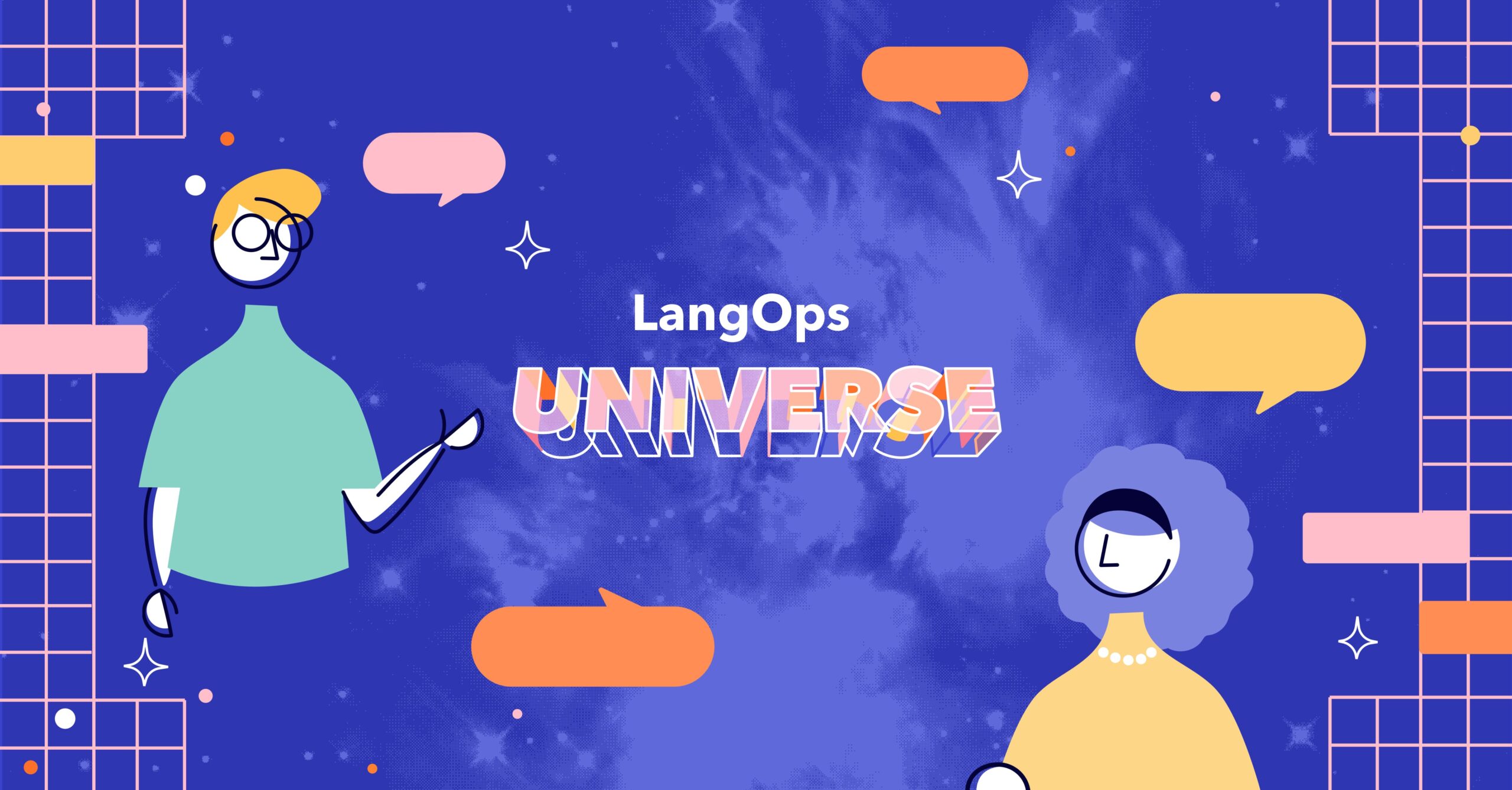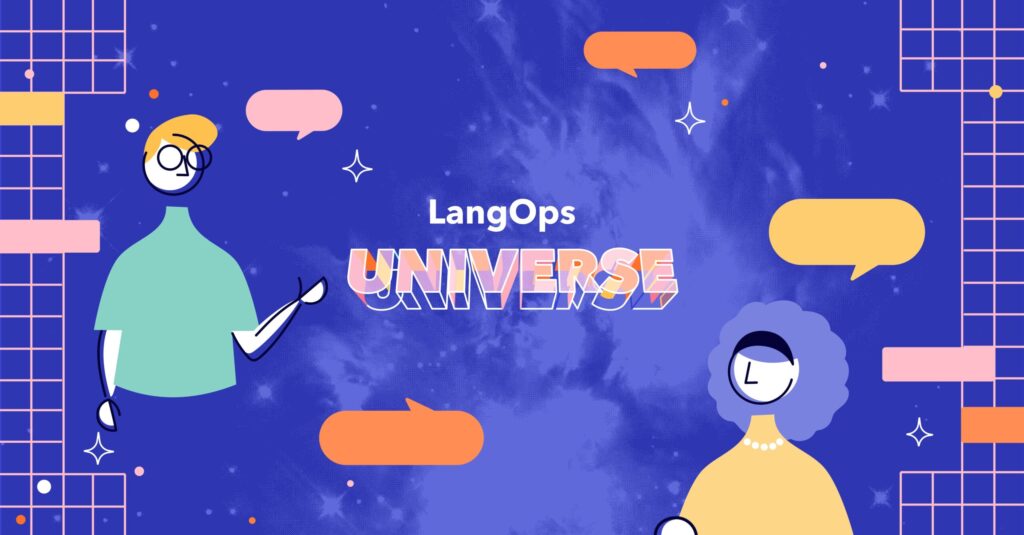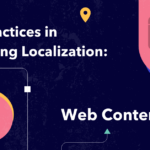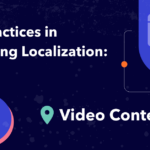
At this year’s LangOps Universe, Roxana Telescu, Vice President of Strategic Accounts at Unbabel, hosted a discussion with Matt Madderra, Director of Web Solutions at Mouser Electronics. Matt’s team oversees digital product management, vendor relations, competitive research and insights, and localization strategy at the company.
The talk, titled Lessons Learned From Mouser: Localizing Content at Scale To Accelerate International Growth, provided an opportunity for Matt to share how creating localized content influences Mouser’s global marketing strategy and helps create better customer experiences.
Here are some key takeaways from the discussion.
A global brand requires a content localization strategy
Texas-based Mouser Electronics is a leading global distributor of semiconductors and electronic components with a reputation for rapidly introducing and delivering products to buyers worldwide. The company aims to ensure products are stocked and appear on its web pages quickly, for fast deployment to customers spread throughout international markets.
The key to Mouser’s success? Content localization.
Matt says that although Mouser is the 7th largest electronic component distributor in the world and is a subsidiary of parent Berkshire Hathaway, customers typically think the company operates in their local market. A customer in Germany might believe Mouser is a German company because all types of content (instructions, labels, marketing materials, FAQs), as well as other touch points (sales teams, customer support), are all delivered in German. Mouser’s goal is to create localized user experiences by translating content into the native language of the target audience. Localization efforts also involve adapting materials to account for cultural nuances, standardizing elements like time and date formats, and defaulting to the local currency of the target market.
Mouser’s localization strategy is only made possible by first getting buy-in from all stakeholders, who agree on taking a holistic approach to localization. “I don’t want someone to go to our translated website, decide to send us an email or contact us and get a response in English (not their native language) or a poorly translated response,” Matt says. He goes on to say that everyone throughout the company has a clear vision of creating an end-to-end localized customer experience to succeed in foreign markets.
Leveraging machine translations to optimize workflows
Currently, Mouser’s website is translated into 21 different languages and is available in 64 localized versions (note: The reason there are more localized versions than languages is regional differences. For example, the Spanish spoken in Spain is different from the Spanish spoken in Latin America. The regions also have different currencies and other cultural preferences). Supporting so many languages and versions can be complex, but integrating Unbabel’s multilingual translation platform into the content localization process has helped streamline workflows.
Matt says in the past, localizing relevant content using human writers and translators alone would take up to three weeks. But leveraging Unbabel’s AI-powered, human-refined machine translations has cut lead times to just three days. It means that electronic components and their descriptions can appear on the website much faster. And speed is critical in the world of e-commerce, where customers can simply click over to a competitor’s site if they can’t find what they want.
Best of all, Mouser isn’t sacrificing translation quality for speed. Matt explains there is a bit of a learning curve when implementing a machine translator, so those who use one shouldn’t expect perfect translations right out of the gate. But his team has been able to work with Unbabel to integrate Mouser’s glossaries and style guides which are used to train the AI, making it smarter so it delivers more and more high-quality translations.
An investment that is paying off
By reviewing metrics related to where new customers and old are entering the website, Matt is able to conclude that the investment in localization is paying off. That’s because most customers aren’t arriving on the homepage. They are directed to Mouser from local Google search engines, since the individual product and marketing pages rank highly thanks (at least in part) to localization. Matt explains that adapting content to the local language has boosted SEO scores and helps in directing potential customers to the Mouser website.
“Our content is making it in front of the right audience. And they’re getting it. They’re clicking it. And they’re converting. So it’s definitely worth our investment.”
Check out the entire session “Lessons Learned From Mouser: Localizing Content at Scale To Accelerate International Growth” at LangOps Universe On-Demand:












